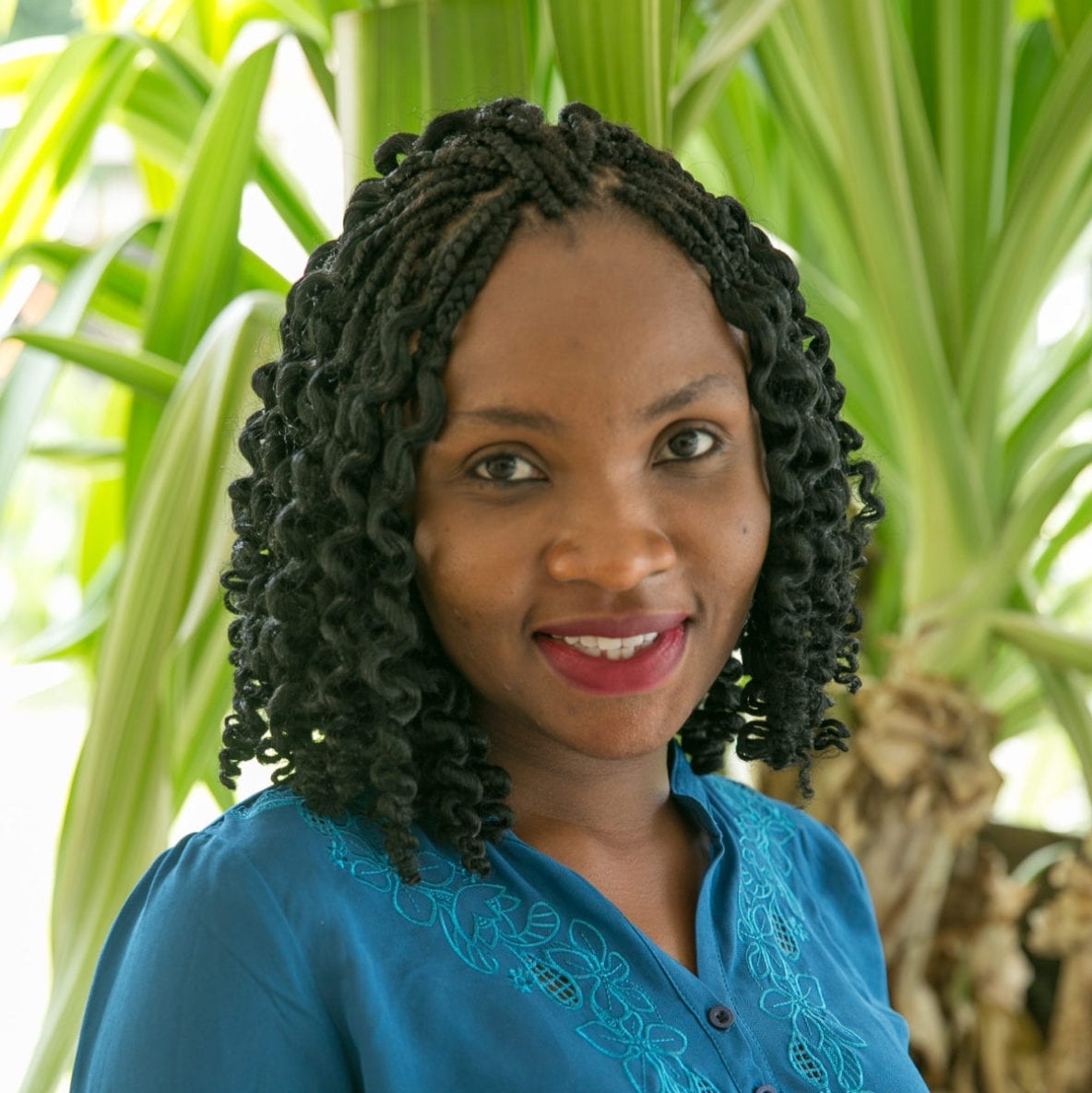
Oyeyemi Pitan, Rise Up Fellow from Nigeria
By Oyeyemi Pitan, Rise Up Gender Equity Initiative Fellow and Program Manager for Vaccine Network for Disease Control
Continuing our series of profiles of new Rise Up Gender Equity Initiative Fellows, Oyeyemi Pitan shares how the knowledge she gained through Rise Up’s Leadership and Advocacy Accelerator has enabled her and her organization to better advocate for the protection of girls’ and women’s rights in Nigeria.
In Nigeria, many girls struggle to attend or finish school. Most of them have barely made it through primary school by the time they are married off. When they marry so young, they are usually not ready and as a result, are unable to maximize the opportunities around them.
These circumstances and the many social inequities faced by the women and girls from where I live, in the North Central Region of Nigeria, inspire me to do the work that I do. As Program Manager for the Vaccine Network for Disease Control, I have worked on the issues of girls’ education and women’s empowerment through various service delivery strategies such as improving school enrollment and retention and establishing savings and loan programs in my community.
I applied to become a Rise Up fellow because I wanted to learn more about developing strategic programs to improve the situation for girls and women in my country. And when I was accepted, I felt so privileged to have the opportunity to broaden the horizons of my developmental work.
I attended Rise Up’s Leadership and Advocacy Accelerator and learned that although service delivery is good, it only scratches issues on the surface. Strategic and inclusive advocacy can ensure that decision-makers (i.e. law and policy-makers) fulfill their duties both effectively and efficiently, and that the beneficiaries of the advocacy work are part of the process from beginning to end. Rise Up changed my perspective on my social service journey; I realized that citizen participation is the antidote to the majority of our developmental issues in Nigeria.
After the accelerator, I shared the lessons I learned with my team at the Vaccine Network for Disease Control and they have informed our strategies in developing our projects. Recently, we intervened in one of our communities in the Federal Capital Territory (FCT) where children and some adults were going blind. Using tools from the workshop, we helped ensure that the FCT Department for Public Health stepped in to find the cause and help the affected community members.
Since the training, my organization and I decided to focus on a national level bill, the Gender and Equal Opportunity Bill, which aims to reduce gender discrimination and increase women’s opportunities in both public and private sectors across Nigeria. Currently, this bill is facing setbacks at the National Assembly. My advocacy strategy aims to put pressure on the National Assembly to push this bill forward and protect the rights of women and girls across the country. To achieve these goals, I will build the advocacy and civic participation capacity of 100 girls and women every quarter.
My hope for the future is to see girls and women equipped to maximize opportunities, and for the government of Nigeria to be at the forefront of making this change happen. I will know I am successful when girls and women in various communities actively participate in demanding their rights and ensuring existing laws and policies to improve their lives are adequately implemented.


